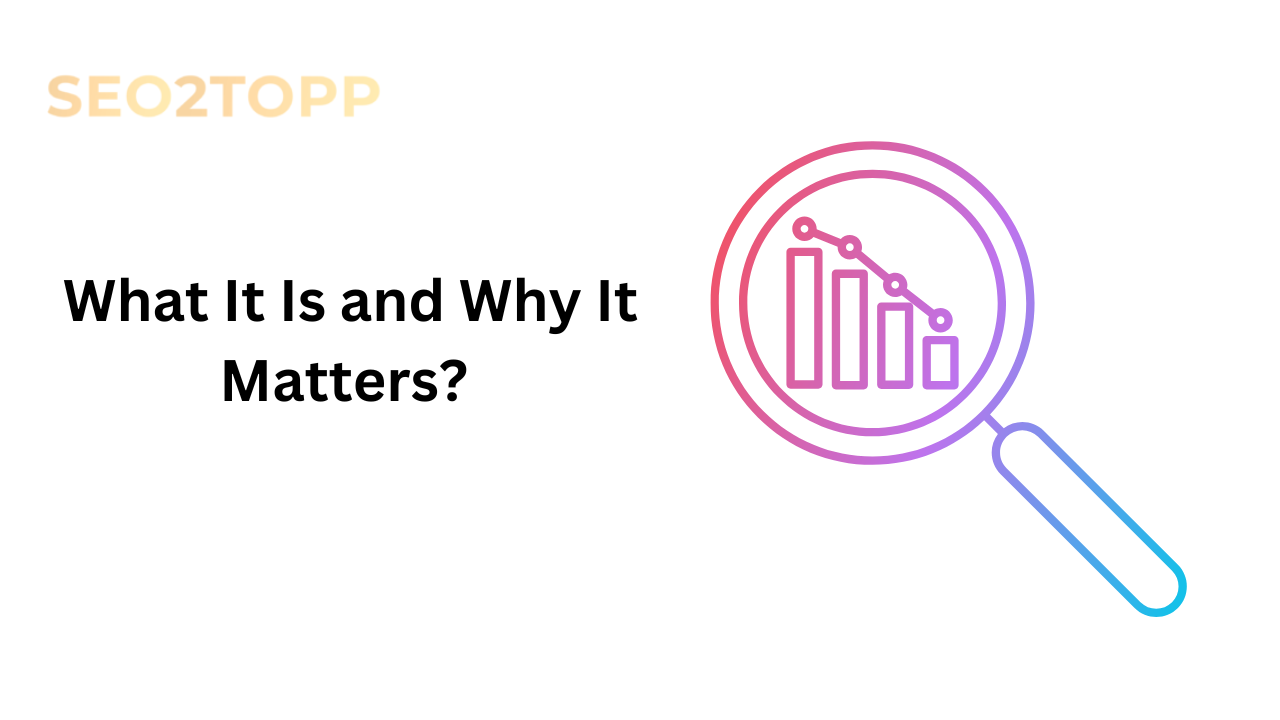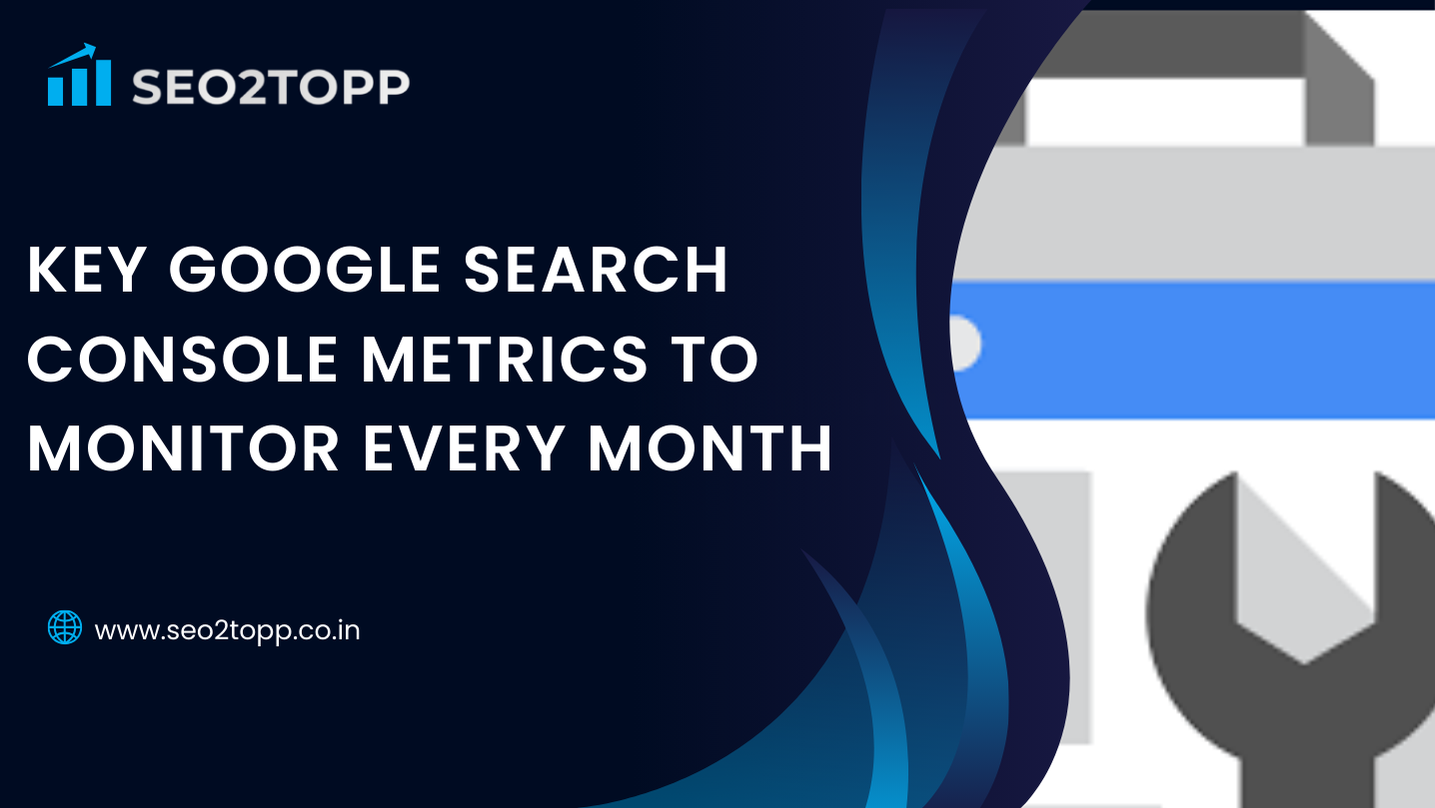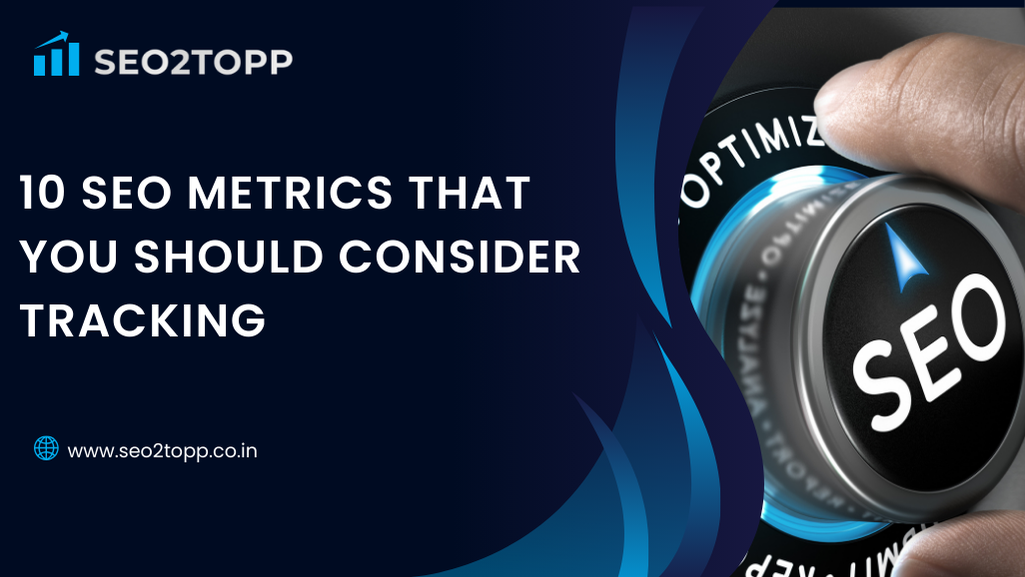In today’s rapidly evolving digital landscape, search engine optimization (SEO) has become a crucial component of any successful online marketing strategy. However, as search algorithms continue to advance, traditional SEO tactics are no longer enough to ensure long-term success. This is where semantic SEO comes into play – a strategic approach that goes beyond simply optimizing for keywords and instead focuses on the true meaning and context behind the content.
Key Takeaways
- Semantic SEO is a holistic approach to content optimization that focuses on the underlying meaning and context of the information.
- Leveraging semantic SEO can lead to improved search engine rankings, increased website traffic, and better user engagement.
- Understanding the importance of semantic relevance in modern search algorithms is essential for developing an effective SEO strategy.
- Implementing various semantic SEO techniques, such as using relevant schema markup and focusing on topic clusters, can help you outrank your competitors.
- Embracing semantic SEO is a long-term investment that can pay dividends in the form of sustainable growth and a stronger online presence.
Benefits of Using Semantic SEO
Adopting a semantic SEO strategy can offer numerous benefits for your website and online presence:
- Improved Search Engine Rankings: By aligning your content with the underlying meaning and context that search engines are looking for, you can improve your chances of ranking higher in the search results.
- Increased Website Traffic: When your content is more relevant and valuable to users, it’s more likely to attract engaged visitors who are actively searching for the information you provide.
- Better User Engagement: Semantic SEO helps you create content that is more meaningful and useful to your target audience, leading to increased time on site, lower bounce rates, and higher conversion rates.
- Long-Term Sustainability: Whereas traditional SEO tactics can be susceptible to algorithm changes, a semantic SEO approach focuses on the fundamental principles of search engine optimization, making your website more future-proof.
The Importance of Semantic SEO in Modern Search Engine Algorithms
In recent years, search engines have made significant strides in their ability to understand the true meaning and context of content. Algorithms like Google’s Hummingbird and Rankbrain have shifted the focus from individual keywords to the overall relevance and usefulness of the information presented.
By prioritizing semantic relevance, search engines can better interpret user intent and provide results that are more aligned with their needs. This means that simply optimizing for specific keywords is no longer enough – you need to ensure that your content is structured, formatted, and presented in a way that clearly conveys its meaning and value.
How to Optimize Your Website for Semantic SEO
Optimizing your website for semantic SEO requires a multi-faceted approach. Here are some key strategies to consider:
- Utilize Relevant Schema Markup: Implement structured data, such as schema.org markup, to provide search engines with a clear understanding of the content and context of your web pages.
- Focus on Topic Clusters: Organize your content into related topic clusters, rather than relying on individual pages targeting specific keywords. This helps search engines understand the broader context and relevance of your information.
- Enhance Content Quality: Create in-depth, well-researched content that provides genuine value to your target audience. Avoid superficial or keyword-stuffed content.
- Optimize for Natural Language: Ensure that your content is written in a natural, conversational tone that reflects how people actually search and interact online.
- Leverage Semantic Relationships: Identify and highlight the relationships between various concepts, entities, and topics within your content to demonstrate its depth and relevance.
- Improve Site Structure and Navigation: Ensure that your website’s information architecture is intuitive and easy to navigate, making it simple for both users and search engines to understand the content hierarchy.
- Analyze and Iterate: Continuously monitor your website’s performance and make data-driven adjustments to your semantic SEO strategy, ensuring that it remains effective over time.
7 Ways to Use Semantic SEO for Higher Rankings
Implement Structured Data: Utilize schema.org markup to provide search engines with a clear understanding of the content and context of your web pages.
- Optimize for Natural Language: Ensure that your content is written in a conversational, human-centric tone that reflects how people actually search and interact online.
- Create Comprehensive Topic Clusters: Organize your content into related topic clusters, rather than relying on individual pages targeting specific keywords.
- Enhance Content Quality: Focus on creating in-depth, well-researched content that provides genuine value to your target audience.
- Highlight Semantic Relationships: Identify and emphasize the relationships between various concepts, entities, and topics within your content.
- Improve Site Structure and Navigation: Ensure that your website’s information architecture is intuitive and easy to navigate, making it simple for both users and search engines to understand the content hierarchy.
- Analyze and Iterate: Continuously monitor your website’s performance and make data-driven adjustments to your semantic SEO strategy, ensuring that it remains effective over time.
An Example of Effective Semantic SEO Implementation
Let’s consider a hypothetical example of a website that specializes in outdoor gear and apparel. Instead of simply targeting individual keywords like “hiking boots” or “camping backpacks,” the website’s semantic SEO strategy might involve the following:
- Implementing schema.org markup to provide search engines with a clear understanding of the product categories, features, and specifications.
- Organizing the content into comprehensive topic clusters, such as “Hiking Gear,” “Camping Essentials,” and “Outdoor Apparel,” with each cluster containing related sub-topics and cross-linking between relevant pages.
- Creating in-depth, informative content that not only discusses the products but also provides valuable tips, advice, and resources for outdoor enthusiasts.
- Highlighting the relationships between different outdoor activities, gear, and accessories to demonstrate the website’s depth of knowledge and authority in the niche.
- Ensuring that the website’s navigation and information architecture are intuitive and user-friendly, making it easy for both visitors and search engines to find the most relevant content.
Developing a Semantic SEO Strategy for Your Website
To develop an effective semantic SEO strategy for your website, you’ll need to take a deep dive into understanding your target audience, their search intent, and the broader context of your industry. Here are the key steps to consider:
- Conduct Thorough Keyword Research: Identify the core topics, concepts, and entities that are relevant to your business and your target audience’s needs.
- Analyze Search Intent: Understand the different types of search queries (informational, navigational, transactional) that your audience is using and how they align with your content.
- Map Content to the Buyer’s Journey: Ensure that your content is structured and optimized to address the various stages of the customer’s decision-making process.
- Leverage Semantic Relationships: Identify the connections between the different topics, entities, and concepts that are relevant to your industry and incorporate them into your content strategy.
- Implement Structured Data: Utilize schema.org markup and other forms of structured data to provide search engines with a clear understanding of the meaning and context of your web pages.
Understanding the Concept of Semantic Search Engine
At the core of semantic SEO is the concept of semantic search engines – AI-powered algorithms that are designed to understand the true meaning and context of online content, rather than simply matching keywords.
Unlike traditional search engines, which relied primarily on keyword matching, semantic search engines use advanced natural language processing (NLP) and machine learning techniques to interpret the user’s intent and provide more relevant and valuable results.
By analyzing the relationships between different concepts, entities, and topics, semantic search engines can better understand the broader context of the information being searched for and deliver results that are more closely aligned with the user’s needs.
This shift towards semantic relevance has had a significant impact on the SEO landscape, as it has become increasingly important for website owners to focus on creating content that is truly meaningful and useful, rather than simply optimizing for specific keywords.
The Role of Semantic Relevance in SEO
In the world of search engine optimization, semantic relevance has become a crucial factor in determining a website’s visibility and ranking.
As search engines have become more sophisticated, they have placed a greater emphasis on understanding the true meaning and context of the content, rather than simply matching keywords. This means that websites that are able to effectively communicate the semantic relevance of their content are more likely to rank higher in the search results.
By focusing on semantic relevance, website owners can create content that is more closely aligned with the user’s search intent, providing a better overall experience and increasing the likelihood of conversion.
Additionally, semantic relevance can also help to improve the overall quality and authority of a website, as it demonstrates a deep understanding of the subject matter and a commitment to providing valuable information to the target audience.
Conclusion: Embracing Semantic SEO for Long-Term Success
In today’s rapidly evolving digital landscape, embracing semantic SEO is essential for achieving long-term success and sustainable growth. By focusing on the true meaning and context of your content, rather than simply optimizing for individual keywords, you can improve your search engine rankings, attract more engaged visitors, and establish your website as a trusted authority in your industry.
At Seo2topp, our team of digital marketing experts is dedicated to helping businesses like yours unlock the full potential of semantic SEO. With our comprehensive suite of services, including content optimization, schema markup implementation, and ongoing performance analysis, we can develop a customized strategy that will drive sustainable growth and improve your online visibility.











Leave a Reply